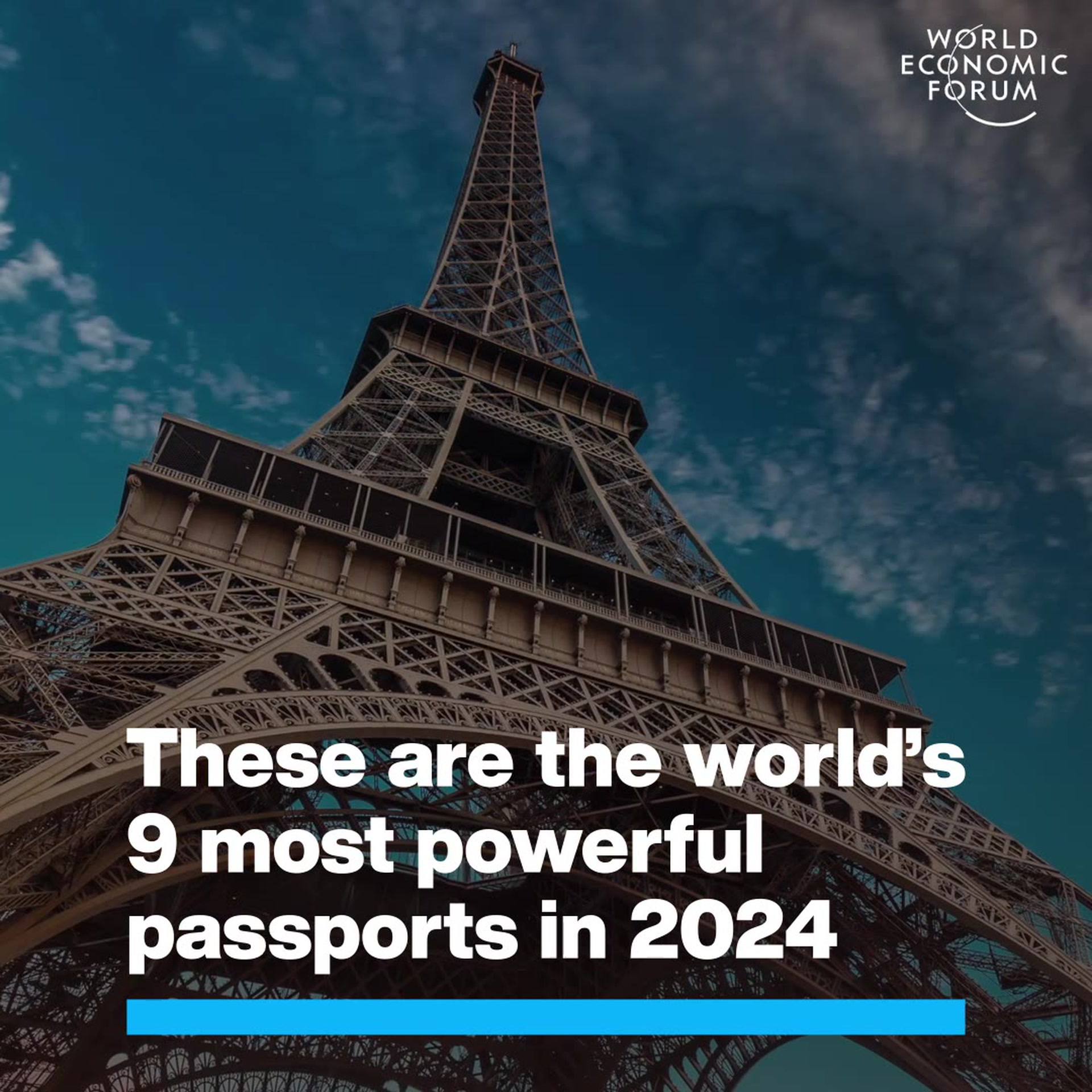Where do Europeans go on holiday?

The Canary Islands, Paris and its surrounds, and Spain’s Catalonia prove the biggest draw. Image: REUTERS/Regis Duvignau

Get involved with our crowdsourced digital platform to deliver impact at scale
Stay up to date:
Travel and Tourism
Where do Europeans go when they want to top up their tans, see some sights or read a book by the pool? Clue: it’s not far.
When it comes to going on holiday, most Europeans prefer to stay close to home, with the majority of recorded tourists in Europe coming from the continent itself.
And it’s the beaches of the Canary Islands, Paris and its surrounds, and Spain’s Catalonia, encompassing Barcelona, that prove the biggest draw.

Nearly 90% of all tourist nights spent in the EU in 2015 were by EU residents themselves, the EU statistics agency Eurostat finds. And 85% of all Europeans’ holiday days were spent within the region. In fact holidays within their own country make up the biggest proportion of all.
Spain, Italy and France are the most popular countries to visit, each having a number of different regions attracting large numbers of tourists. Tourists spent a total of 94 million nights in 2015 in Spain’s Canary Islands, including Fuerteventura, Lanzarote, Tenerife and Gran Canaria. Catalonia amassed 75.5 million tourist nights, meanwhile the Balearic Islands, including Majorca and Ibiza, clocked up 65.2 million nights.
France claimed three spots in the top 10 destinations, with Ile-de-France, including Paris, taking second place with 76.8 million nights. Also popular were Provence-Alpes-Côte d'Azur (54.6 million nights) and Rhône-Alpes (48.7 million nights).

Leaving Europe behind
For Europeans travelling outside the region, the US and Turkey were the biggest attractions, accounting for 13.8% and 10.4% of the nights spent respectively.
In 2015, both UK and Estonian residents spent more than a quarter of their holiday outside the EU. Belgians, Croatians, Lithuanians and Austrians meanwhile spent on average at least one in five of their nights away outside the EU.
On average, 15.4% of all tourism nights of EU residents were spent in non-EU countries.

Europeans spent an average of €85 ($100) a night in another EU country, ranging from €46 in Slovakia to €129 in Estonia.
But four in 10 Europeans didn’t take any trips at all, with half of them citing financial reasons as the cause for staying at home.
Don't miss any update on this topic
Create a free account and access your personalized content collection with our latest publications and analyses.
License and Republishing
World Economic Forum articles may be republished in accordance with the Creative Commons Attribution-NonCommercial-NoDerivatives 4.0 International Public License, and in accordance with our Terms of Use.
The views expressed in this article are those of the author alone and not the World Economic Forum.
Related topics:
The Agenda Weekly
A weekly update of the most important issues driving the global agenda
You can unsubscribe at any time using the link in our emails. For more details, review our privacy policy.
More on Travel and TourismSee all
Naoko Tochibayashi and Naoko Kutty
March 28, 2024
Abeer Al Akel and Maimunah Mohd Sharif
February 15, 2024
Priya Singh
February 8, 2024
Thea de Gallier
January 31, 2024






